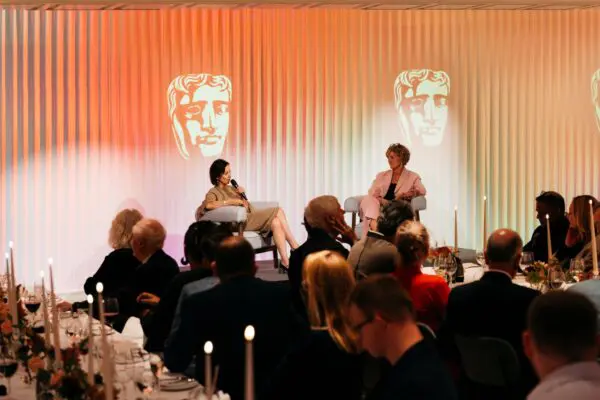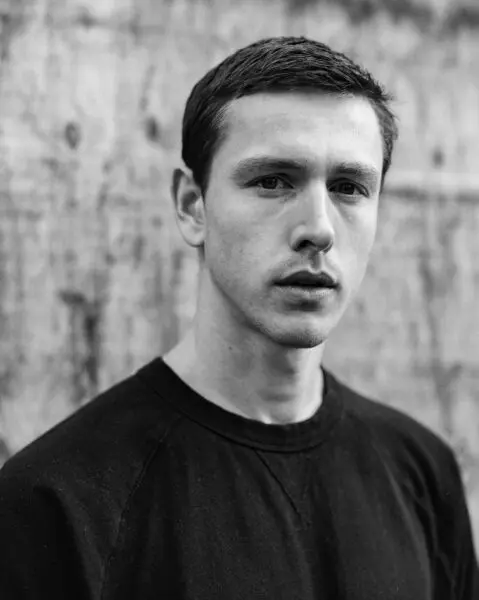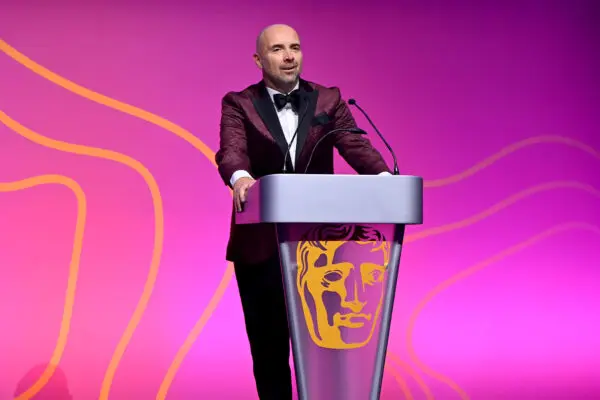Born and raised in Burbank, California, the young Tim Burton spent a reclusive childhood drawing cartoons, reading books and watching old horror movies – particularly drawn to the work of Ray Harryhausen and Edgar Allan Poe. Upon graduating high school he attended the California Institute of Arts, and the success of his animated short Stalk Of The Celery Monster (1979) led to an apprenticeship at Disney.
Whilst at the studio, Burton worked as an animator, storyboard artist and concept artist on films including The Fox And The Hound (1981), but he felt out of place creatively: “I could just not draw cute foxes for the life of me!” The studio chiefs were not oblivious to Burton’s talent though and in 1982 commissioned the animated short Vincent (a tribute to his idol Vincent Price) followed by live-action short Frankenweenie (1984).
Frankenweenie caught the attention of actor/comedian Paul Reubens, who hand-picked Burton to direct Pee Wee’s Big Adventure (1985). The film exceeded its modest expectations to become a surprise success for Warner Bros, and when Burton’s follow-up, the unconventionally dark and quirky comedy Beetlejuice (1988) did the same he was handed the reins of a huge studio feature. His lavish, gothic approach to Batman (1989) starring Michael Keaton and Jack Nicholson was a huge success, earning six BAFTA nominations and securing Burton’s place on Hollywood’s A-List.
His follow up saw the first of eight collaborations with actor Johnny Depp, modern fairytale Edward Scissorhands (1990), which remains one of the most acclaimed films of Burton’s career. Alongside Batman Returns (1992), Burton was also busy writing and producing the instant cult favourite animation The Nightmare Before Christmas (1993), whilst his next feature, a deeply affectionate biopic of the oft-dubbed ‘worst director of all time’ Ed Wood (1994) was critically adored.
Burton’s spoof/homage to ‘50s sci-fi horror, Mars Attacks! (1996) saw the director having fun with a much brighter, almost psychedelic, colour palette before returning to his famed gothic style with macabre fantasy Sleepy Hollow (1999), which won BAFTAs for Costume Design and Production Design. It was on his next film, the big-budget remake of Planet Of The Apes (2001) that Burton met his partner and frequent collaborator Helena Bonham Carter.
Burton also received BAFTA nominations in 2003 for his direction on fantasy adventure Big Fish, and then Charlie And The Chocolate Factory (2005) which was nominated for a Children’s Award.
After adapting the musical Sweeney Todd: The Demon Barber Of Fleet Street in his trademark style, Burton also scored the biggest financial success of his career with a new take on Alice In Wonderland (2010). This year, audiences have enjoyed two features from the director in the form of a comedic take on the ‘60s soap opera Dark Shadows (2012), and most recently a stop-motion animated remake of his Disney short Frankenweenie (2012), perfectly capturing the themes and distinct aesthetic that have guided his work to date.
For more inspiring Life in Pictures stories from the world of film, games and TV explore our BAFTA News Stories section.









